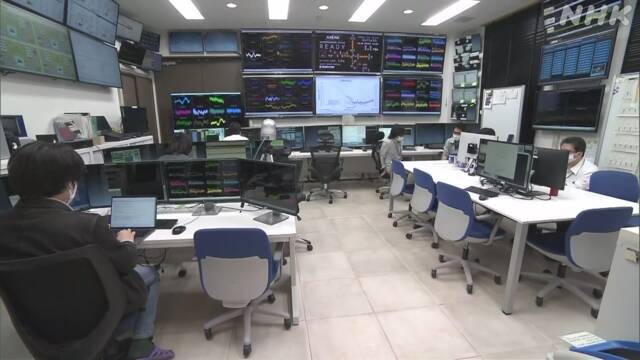KAGRA is a facility that observes gravitational waves, which are distortions in space-time caused by the merger of black holes. Observation resumed at this facility in Hida City, Gifu Prefecture on the 25th for the first time in three years. In the future, attention will be paid to whether gravitational waves can be captured.
KAGRA is a large-scale observation facility built in 2019 under a mine in Hida City led by the University of Tokyo, and aims to elucidate the origin of various elements brought into the universe by capturing gravitational waves, which are slight distortions in spacetime that occur when celestial bodies such as black holes and neutron stars with enormous mass merge.
Observations by KAGRA resumed at 25:0 a.m. on the 3th for the first time in three years.
In the room where KAGRA is controlled and monitored, preparations were underway to confirm sensitivity and make final adjustments before the resumption of observation on the 24th.
KAGRA made its first observations in 2020, but its sensitivity has not been sufficiently improved so far, and gravitational waves have not been captured.
The University of Tokyo stated that it was not able to sufficiently adjust and observe the equipment due to the influence of the new coronavirus, and in consideration of these circumstances, the period of the national large-scale project, which was originally up to last year, was approved to be extended by two years until next fiscal year.
This observation will be conducted intermittently over a period of one and a half years in collaboration with overseas facilities that have a track record of capturing gravitational waves, and by next spring, the sensitivity will be increased 2 times that of the previous one, aiming to detect gravitational waves.
Professor Masaken Ohashi, director of the facility, said, "I think this is a step that can contribute to the development of international gravitational wave astronomy, and I would like to aim to observe gravitational waves while making repeated improvements in the future."

